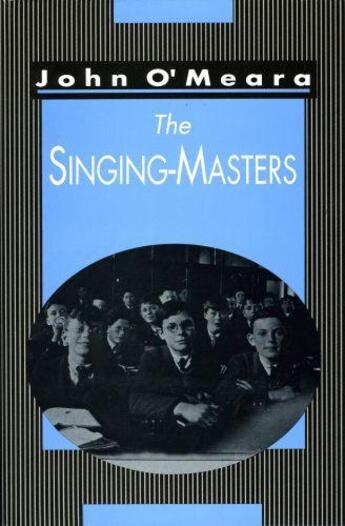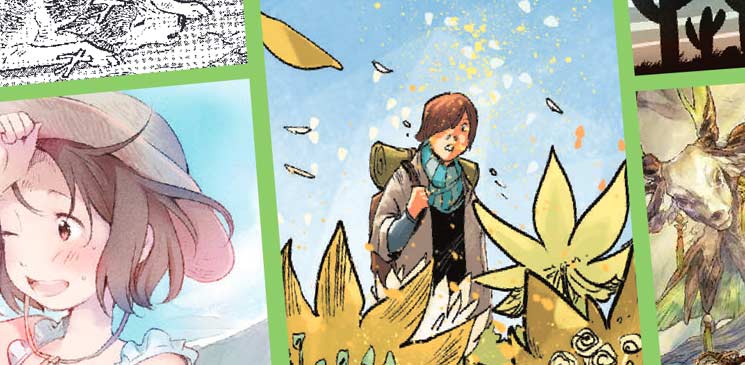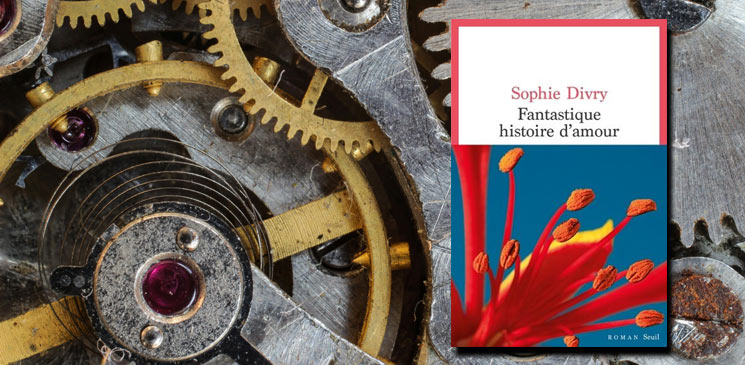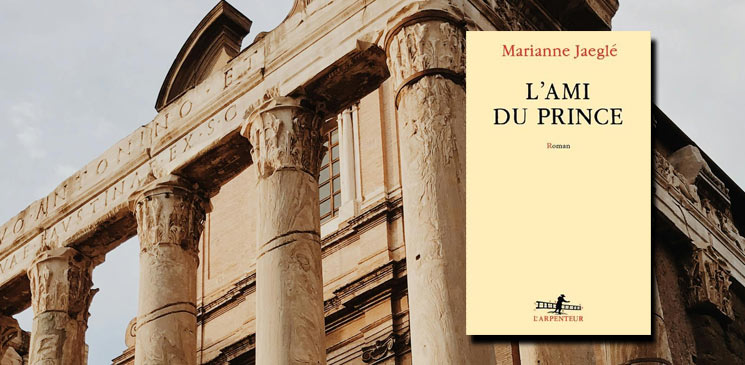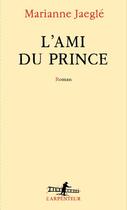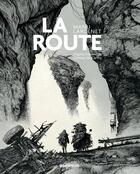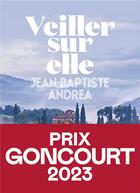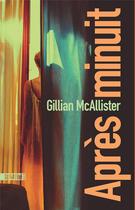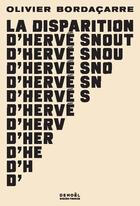-
Nombre de pages : (-)
-
Collection :
(-)
-
Genre :
(-)
-
Thème :
Non attribué
-
Prix littéraire(s) :
(-)
Résumé:
Fascinating... a delight not to be missed. It's a rare treat indeed to find such an honest, penetrating, wise and thoughtful autobiobiography.' - Eilís Dillon, The Irish Times 'A beautifully-written book.' - Benedict Kiely, Sunday Independent 'Wonderfully lyrical... and extremely well written.... Voir plus
Fascinating... a delight not to be missed. It's a rare treat indeed to find such an honest, penetrating, wise and thoughtful autobiobiography.' - Eilís Dillon, The Irish Times 'A beautifully-written book.' - Benedict Kiely, Sunday Independent 'Wonderfully lyrical... and extremely well written. It is haunting and memorable. When you finish it, you can hardly wait for another volume.' - Peter Levi, Irish University Review This essay in autobiography opens in Eyrecourt, east Galway, and describes an early schooling at Rockwell and the experiences of a Jesuit novice at Emo Court, Co. Laois, and Rathfarnham. John O'Meara read classical studies at University College, Dublin, and after a spell of teaching at Clongowes Wood left in 1942 on a travelling studentship to Oxford, where he gained a doctorate three years later. In 1947 he married Odile de Montfort, whom he met in Dublin. The Singing-Masters is written with singular clarity and leaves an abiding impression of Ireland between the wars - the hothouse atmosphere of a diocesan seminary, the lure of the Irish countryside (Eyrecourt in summer, Tullabeg in winter), a fledgling state increasingly dominated by the Church - drawn into perspective by a visit to Lourdes and by the author's self-questionings. In wartime Oxford, where he met Lutyens, Waugh and Belloc, Dodds and Father D'Arcy, O'Meara comes of spiritual and intellectual age, linking Ireland once more to the traditions of theological Europe, and finding his singing-masters in Augustine, Eriugena and the Neo-Platonists. With this quiet celebration of selfhood, and in its limpid recall of time gone, John O'Meara has created a classic of its kind.
Donner votre avis



